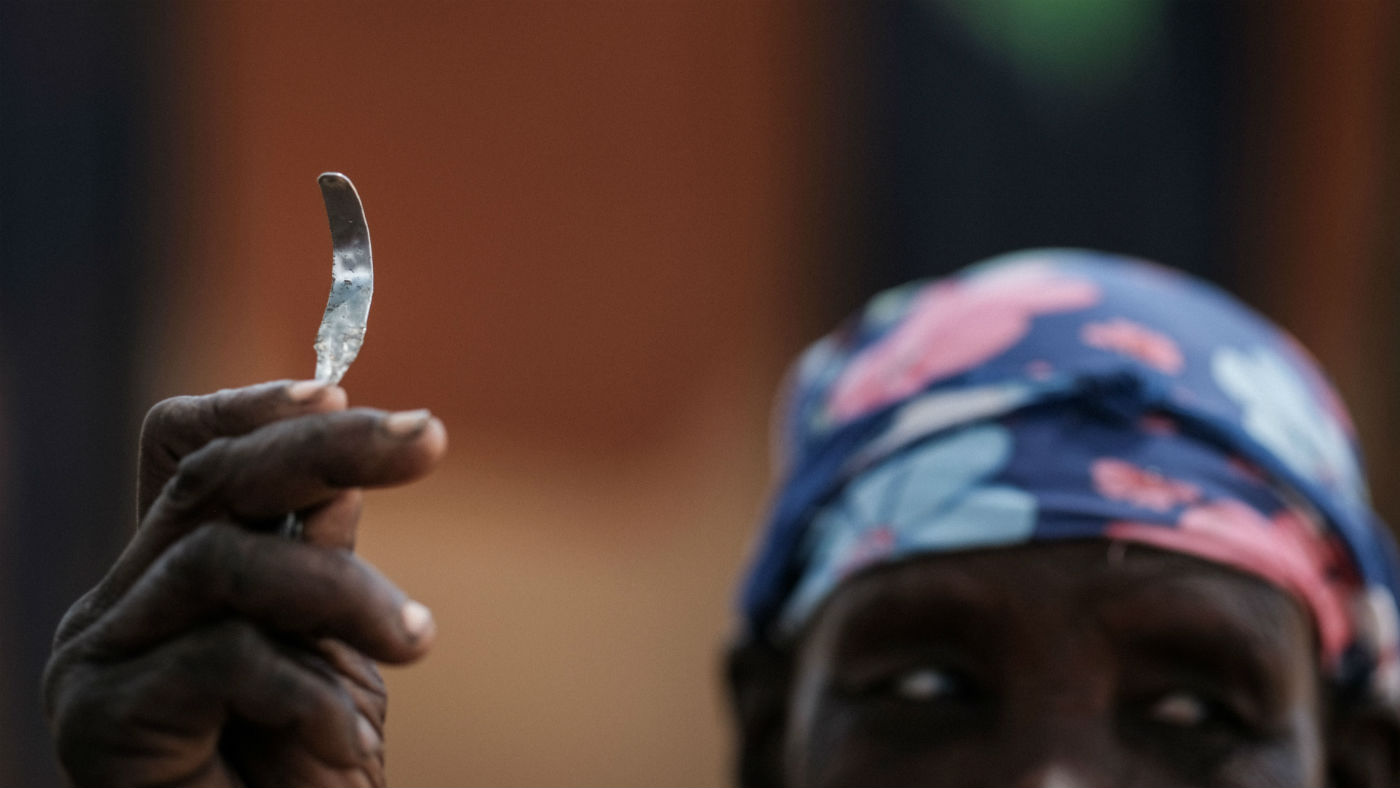Is the battle against FGM finally being won?
BMJ study shows female genital mutilation rates in east Africa dropped 70% in 20 years

A free daily email with the biggest news stories of the day – and the best features from TheWeek.com
You are now subscribed
Your newsletter sign-up was successful
The number of young girls undergoing female genital mutilation in east Africa has fallen by 70% over the past two decades, a study in the British Medical Journal has revealed.
The report, which looked at rates of FGM among girls aged 14 and under, suggests that prevalence in east Africa has dropped from 71.4% in 1995 to 8% in 2016. In north Africa, rates have fallen from 57.7% in 1990 to 14.1% in 2017 while in west Africa, prevalence is also reported to have decreased from 73.6% in 1996 to 25.4% over the same period.
The reported falls in the rates of FGM recorded in the survey, which aimed to assess if FGM awareness campaigns targeted at mothers had been successful, “are far greater than previous studies have suggested,” says The Guardian, “though some in the development community have advised caution over the figures”.
The Week
Escape your echo chamber. Get the facts behind the news, plus analysis from multiple perspectives.

Sign up for The Week's Free Newsletters
From our morning news briefing to a weekly Good News Newsletter, get the best of The Week delivered directly to your inbox.
From our morning news briefing to a weekly Good News Newsletter, get the best of The Week delivered directly to your inbox.
Critics have pointed out that the data-led survey did not include older teenagers and adults who tend to have higher rate of FGM.
Newsweek says it’s also “important to note that this research is observational, so no firm conclusions can be drawn about the findings. Furthermore, it is limited by the fact that it relied on mothers self-reporting their experiences — a process which could be affected by illiteracy, poverty and cultural sensitivities.”
An estimated 200 million women and girls around the world are estimated to have suffered the traditional mutilation, “which experts and rights advocates say has devastating consequences on women’s physical and psychological health, including complications during childbirth” reports Time.
Earlier this year, the United Nations Population Fund warned the number of women predicted to be mutilated each year could rise to 4.6 million by 2030, driven by population growth in communities that carry out the practice.
A free daily email with the biggest news stories of the day – and the best features from TheWeek.com
The BMJ report did not examine the reasons why FGM rates had fallen, but said it was likely to have been driven by policy changes, national and international investment.
According to campaign group 28 Too Many, 22 out of 28 practising African countries have now introduced national laws banning FGM.
Although the trends identified in the study indicate that national and international initiatives to get rid of the practice over the past three decades have been largely successful, the authors warn that significant risks remain.
“The risk factors still prevail, which potentially heightens the likelihood of reverse trend in some countries,” they wrote. “These include lack of, or poor, education, poverty, gendered cultural forces and continued perception of FGM as a potential marriage market activity.”
This risk was highlighted by the fact that two Middle Eastern countries, Yemen and Iraq, saw the rate of girls undergoing FGM actually increase 19.2% per year between 1997 and 2015.